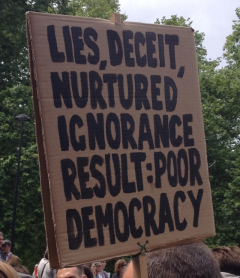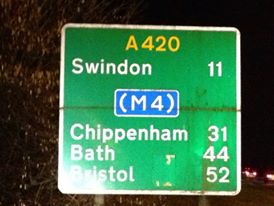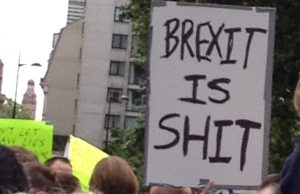“Xenophobia manifests itself especially against civilisations and cultures that are weak because they lack economic resources, means of subsistence or land. So nomadic people are the first targets of this kind of aggression.” Antonio Tabucchi
Listening to the Middlesbrough-based prospective UKIP leadership candidate who joined Nick Robinson on Radio Four on 2nd September brought Antonio Tabucchi’s quotation into focus.
He talked of decent, working people, advocated tax cuts, minimising government but at the same time wished to throw money at the NHS. In his vision of a UKIP-led country evidently spending on the armed forces “to protect us” would not be under threat, rather bolstered by the cut in the foreign aid budget.
Nick Robinson asked him how this could work. The response was as devoid of reason as was the quitters’ plans for the country after… (the word I am no longer using because it is so nebulous that it has no discernible meaning).
There is no doubt that xenophobia has been used as an aggressive tool in the United Kingdom. If Tabucchi was right (and I think he is) then we can turn his words around to examine why our country has provided fertile ground for this assault by the far right. Far from being a civilisation or culture that is strong (as they suggest it is) there is an underlying weakness – social and economic division; the haves and the have-nots.
I have argued at length about the cause of the outcome of the vote and been dismissive of claims by friends and relatives that this was partly about economic hopelessness. The sense that people in certain parts of the land had nothing and therefore Mark Carney’s words of wisdom were irrelevant to them. If you don’t have a house, why would you be bothered about its value dropping?
My tendency was to cast blame on mainly affluent southern Tory voters. Yes, statistically, they were the group who delivered the shock, because it had always been assumed that “when it really came to it” house prices and pensions would win the day over uncertainty.
However, with a less than 52/48 of a margin the significance of the economically disaffected subjected to aggressive xenophobia cannot be underestimated.
These are frightening times. The European Union was a largely positive force against poverty and socio-economic deprivation. Yet, those who have the least in the north have not been persuaded by Jeremy Corbyn and UKIP’s aggressive xenophobia has been effective.
As Tabbuchi described nomadic culture to be at risk so too it appears are those who live in areas which might be seen as economic deserts. The only way to combat the rhetoric and aggression of xenophobia is with a more than equal measure of genuine hope for a better future. Who can provide that?
One positive thing this Government has done is recognise (in words if not actions yet) that society must have a place for everybody. Water must be found for our deserts to stop their inhabitants being so manipulated. If that means reducing the reservoirs and abandoning the aspiration of keeping them full then at least Philip Hammond appears to have a measure of this. Scant reward for those of us who never agreed with austerity, let alone that word.
Marc Folgate







 I have found increasing frustration, not least having reviewed some correspondence from my MP, an ardent Leaver. I had received a letter from him dated 18th February 2016 stating that outside the EU:-
I have found increasing frustration, not least having reviewed some correspondence from my MP, an ardent Leaver. I had received a letter from him dated 18th February 2016 stating that outside the EU:-











